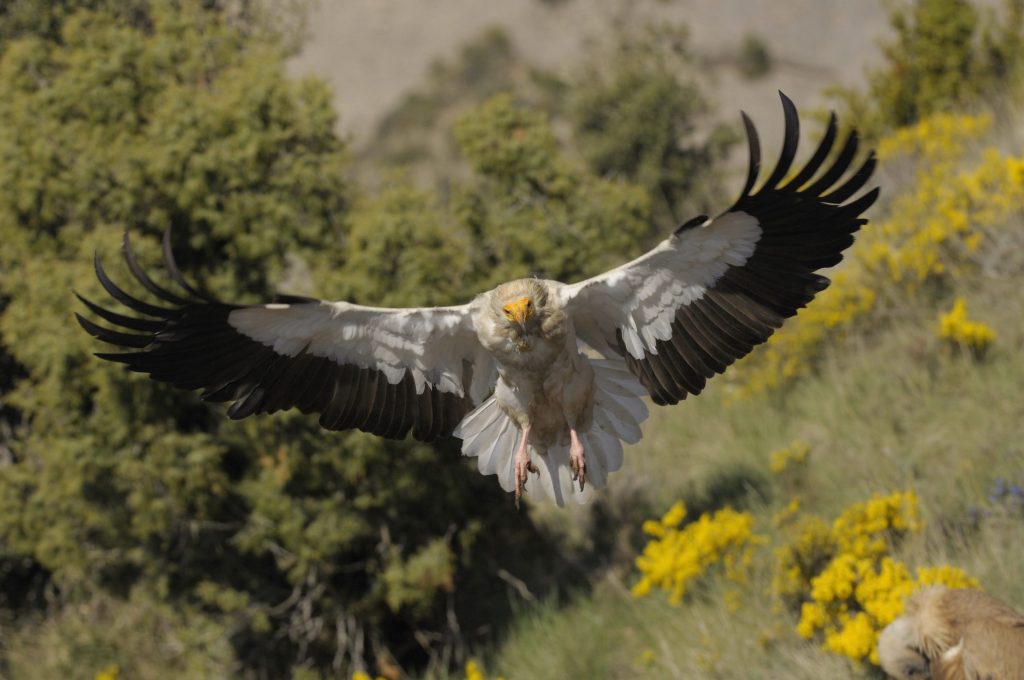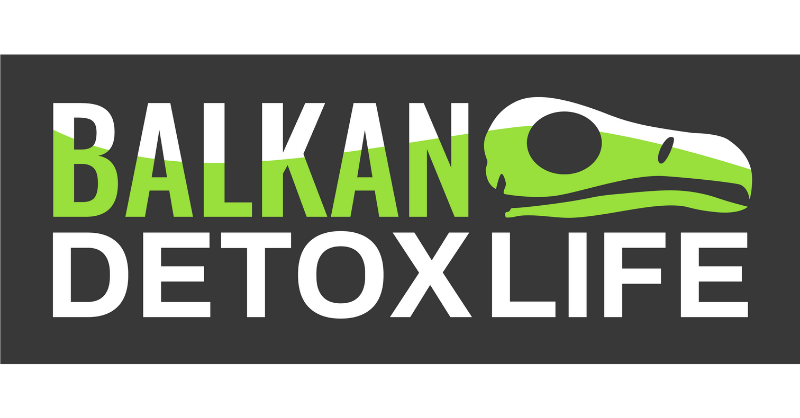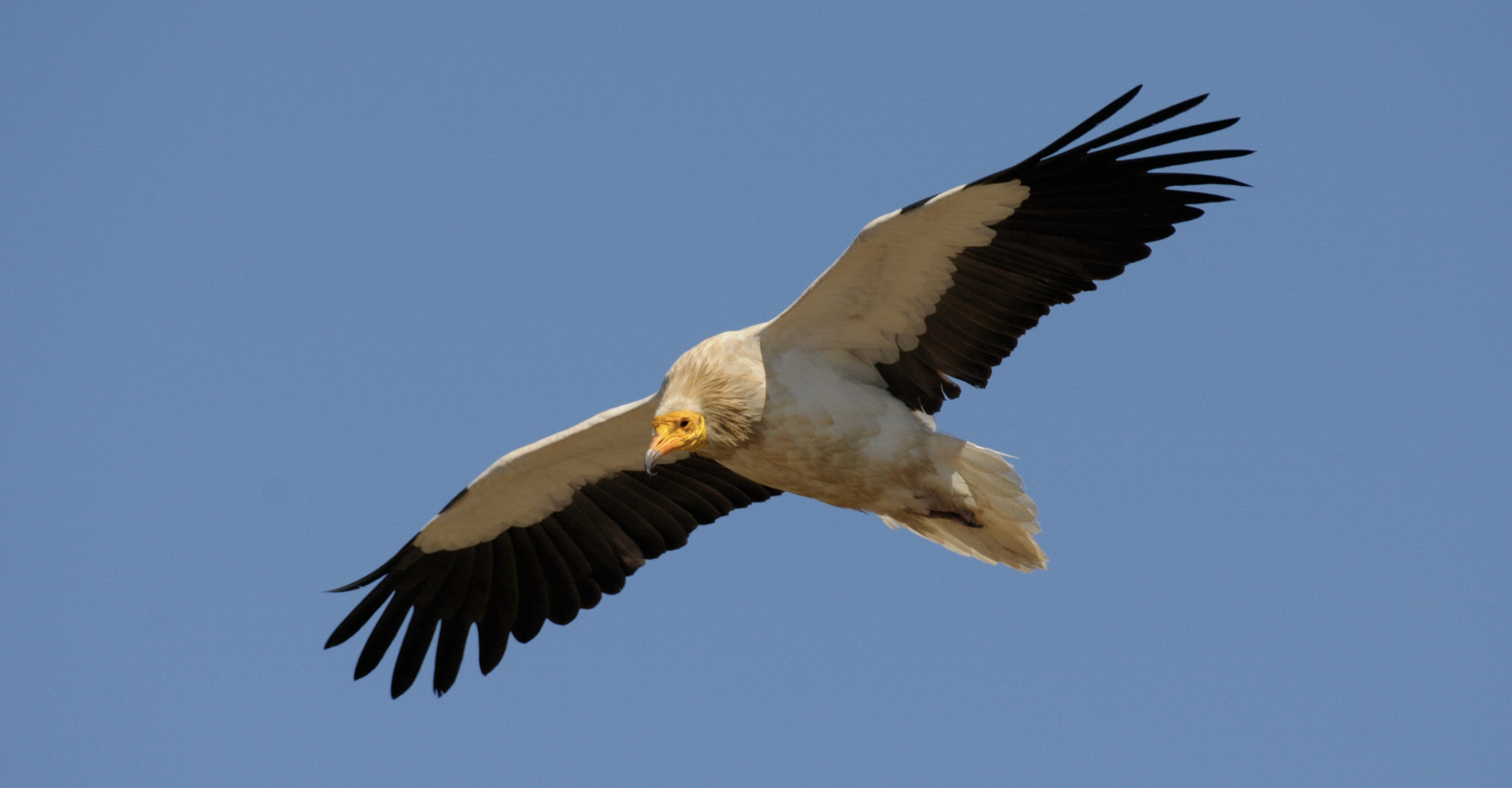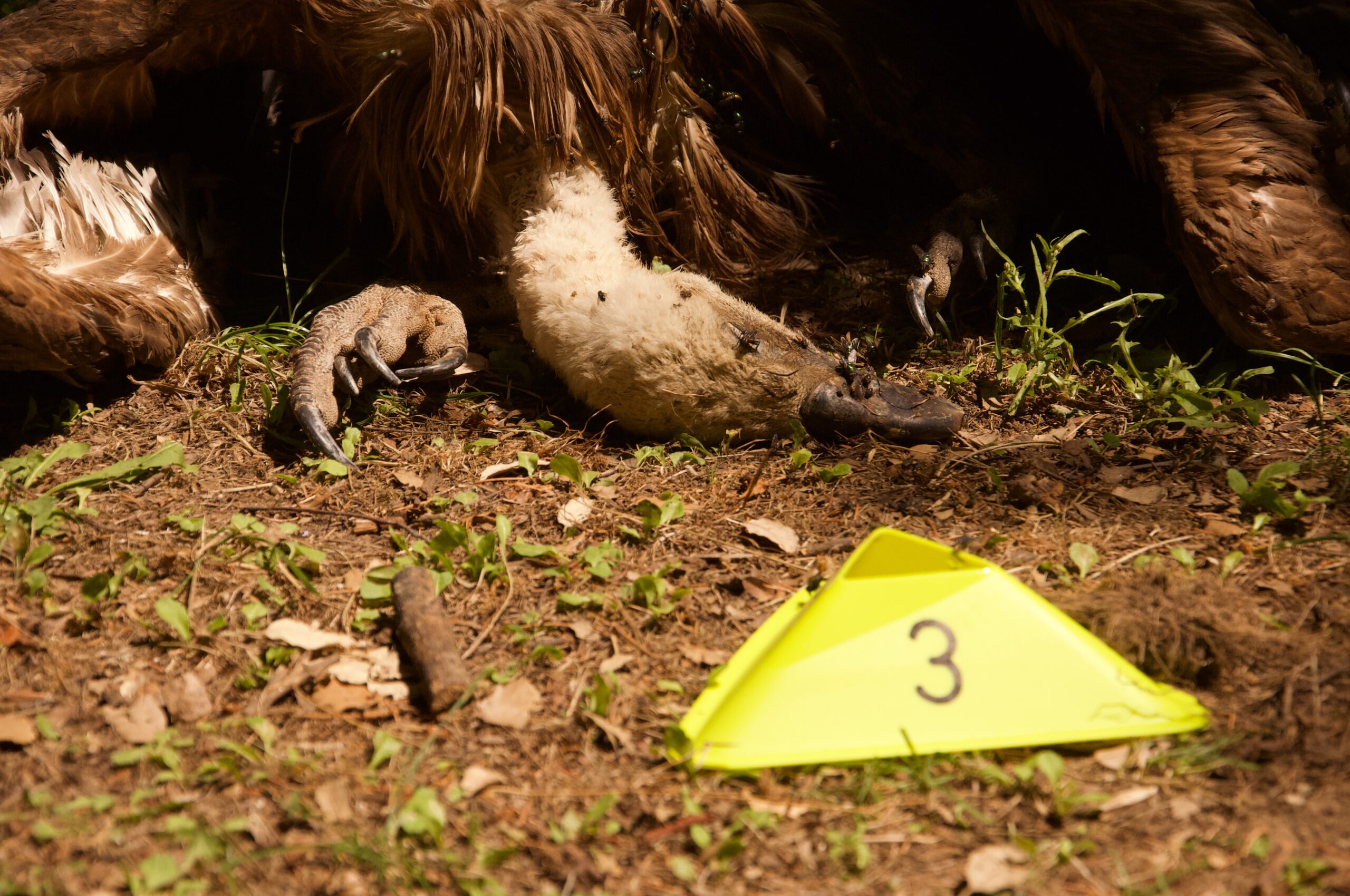
The practice of wildlife poisoning in Albania has started before the 90s to eradicate different carnivore species. Currently, this phenomenon is still present, becoming the leading cause for the decline or extinction of wildlife populations, especially vultures. As part of the BalkanDetox LIFE project, local project partners, like PPNEA (Protection and Preservation of Natural Environment in Albania) in this case, raise awareness to relevant stakeholders about the key issues relating to illegal wildlife poisoning to help change local attitudes and mitigate this threat.
Reaching relevant stakeholders in wildlife poisoning hotspots

In Albania, the only breeding vulture is the Egyptian Vulture, whose population is spread only in the southern part of the country. In order to raise awareness about the negative impacts of this illegal practice, PPNEA organised a workshop in Gjirokaster, Albania, an area defined as a hotspot for wildlife poisoning. Participants in this workshop included shepherds, vets, farmers and hunters who live in these hotspot areas and are part of the “Savers of the Egyptian vulture”, a network created thanks to several years of PPNEA’s work for Egyptian Vulture conservation in Albania.

Providing safe alternative solutions and highlighting their advantages
The workshop covered various topics, including the awareness-raising of network members about the negative impacts of the poisoning practice and alternative methods in solving human-wildlife conflicts. Furthermore, it was discussed how the presence of Egyptian Vulture in these areas or avitourism can serve as the main tool for generating income for the local community.
Emphasising the illegality of wildlife poisoning and the relevant penalties
Representatives from RAPA Gjirokaster, National Inspectorate for Protection of Territory and Food Safety and Veterinary Institute Gjirokaster, also joined the workshop. They proved crucial in providing the participants with a complete overview of the legal framework and punitive measures for the use of toxic substances and this illegal practice, already considered an environmental crime.
This workshop has been implemented within the framework of the Egyptian Vulture New LIFE and BalkanDetox LIFE projects, which aim to reduce the poisoning of wildlife, especially vultures, in the Balkans and beyond.
The BalkanDetox LIFE project
The ‘BalkanDetox LIFE‘ project aims to strengthen national capacities to fight wildlife poisoning and raise awareness about the problem in Balkan countries. It is a five-year endeavour with a €1.8 million budget, which aims to raise awareness and strengthen national capacities to fight the problem of wildlife poisoning across Albania, Bosnia & Herzegovina, Bulgaria, Croatia, Greece, the Republic of North Macedonia and Serbia. It received funding from the EU’s LIFE Programme, and it is co-financed by the Vulture Conservation Foundation, the MAVA Foundation and Euronatur, as well as by the Green Fund, Whitley Fund for Nature and Environmental Protection and Energy Efficiency Fund for specific actions. Project partners are the Vulture Conservation Foundation as the coordinating beneficiary, and the Albanian Ornithological Society, Association BIOM, Bird Protection and Study Society of Serbia, Fund for Wild Flora and Fauna, Hellenic Ornithological Society, Macedonian Ecological Society, Ornitološko društvo NAŠE Ptice and the Protection and Preservation of Natural Environment in Albania as associated beneficiaries. Furthermore, this project is based on Spanish best practice experience and counts with the support from the Junta de Andalucía and the Spanish Ministry for the Ecological Transition and the Demographic Challenge.





